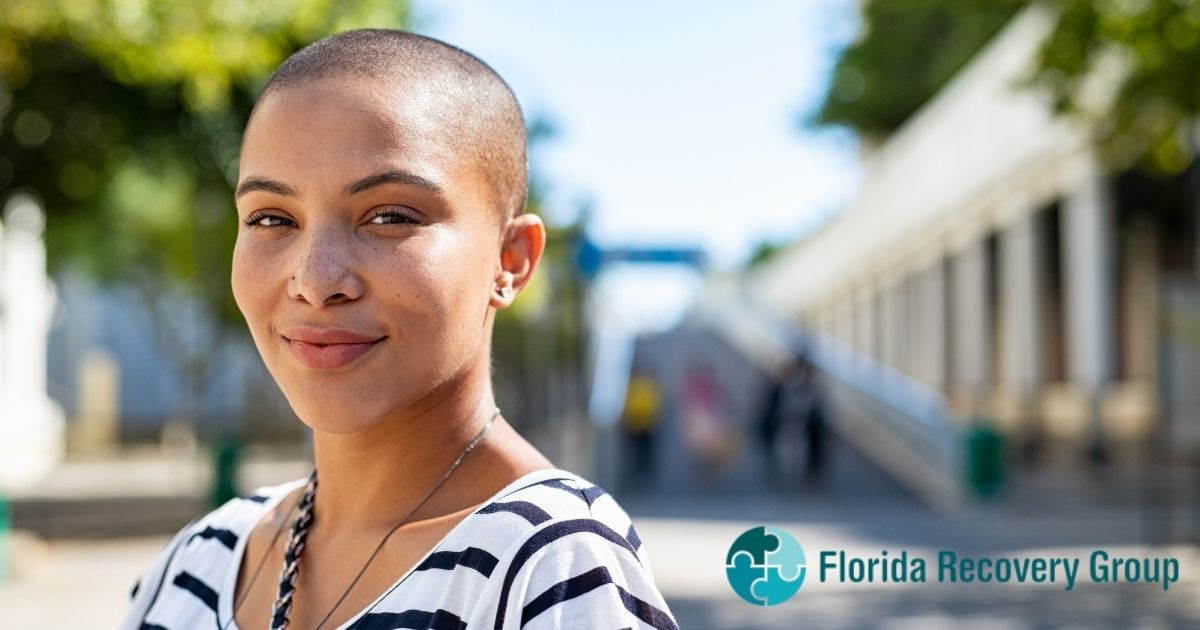
06 Apr 6 Challenges People Face in Early Recovery
Early recovery is often thought of as the most difficult stage of addiction recovery.
Early recovery refers to anywhere from 1 day sober to 1 year sober. However, most of the challenges of early recovery begin as individuals transition from the safety of a treatment program to everyday life.
Knowing what these challenges are and how to cope with them can help people prevent relapse.
1. Transitioning From Treatment to Everyday Life
Addiction treatment provides individuals with a sense of accountability, structure, and support. These three things are all vital aspects of maintaining sobriety and preventing relapse. Once an individual leaves the safety of an addiction treatment facility, they become responsible for finding ways to be accountable for themselves.
Upon leaving treatment, they will begin to experience new triggers for their addiction. From stress to passing by an old using spot, these triggers can feel random and difficult to deal with. Unfortunately, without proper coping strategies, many individuals relapse as a result of the stresses associated with transitioning from treatment to home.
2. Developing Healthy Coping Strategies
Developing healthy coping strategies is a vital aspect of maintaining long-term sobriety. However, without the help of an addiction treatment program, some individuals may have a hard time developing new healthy coping mechanisms.
Because of this, people in early sobriety need to attend support groups, therapy sessions and interact with other sober individuals. In doing so, recovering addicts will have access to helpful advice and support from people who understand what they are going through.
3. Stress
Stress is one of the leading challenges for people in early recovery. Oftentimes, individuals in early recovery are getting jobs, attending school, or even taking care of children for the first time in sobriety.
While they used to be able to cope with stress by taking a drink or drug, now they have to apply the healthy coping mechanisms they learned in treatment. This can be extremely difficult without a network of support and a sense of personal accountability.
According to a study by the National Library of Medicine, “negative mood and stress are associated with increased craving, and high levels of urges to use alcohol predict relapse”[1]
With that being said, individuals in early recovery must find productive ways to cope with their stress.
4. Boredom
When someone is in rehab, they will spend their days attending meetings, therapy sessions, counseling groups, and engaging in fun sober activities with their peers. To top it all off, all of these daily activities are scheduled and set for them.
When someone leaves treatment, they will have to find ways to keep themselves occupied. Oftentimes, individuals do not realize the importance of staying busy during early recovery. When they begin to have a lot of free time on their hands, they may suffer from feelings of boredom.
While being bored doesn’t seem like the end of the world, boredom can be a huge trigger for relapse. Before individuals got sober they would abuse drugs or alcohol when they felt bored. Because of this, boredom is one of the many challenges people face in early recovery.
5. Developing New Types of Addictions
This challenge is less talked about, however, many individuals in early recovery struggle with “replacement addictions”. To explain, recovering addicts have an addictive personality. This means that they are more susceptible to developing an unhealthy obsession with anything than other individuals are.
When an individual has recovered from their substance use disorder, they may (unknowingly) begin to replace the substances they were addicted to with another thing, behavior, or even a person.
For example, many individuals in early recovery get into relationships too early on in their sobriety. Before they have a chance to address their addictive personality and behaviors, they begin to date. This could cause an individual to become “addicted” to their romantic partner.
While this form of addiction does not cause the same outward symptoms as drug addiction would, it can lead to codependency. If the individual and their partner fight or break up, this could become detrimental to their mental health, leading to an addiction relapse.
6. Relapse
Relapsing is one of the biggest challenges of early recovery. While the goal is long-term and steady sobriety, it is not uncommon for people to relapse a few times before they achieve lifelong recovery.
It is important for individuals not to feel discouraged, defeated, or ashamed of their relapse. However, people who struggle from a relapse in early recovery should use it as a learning experience. Relapse indicates that someone is not using the proper coping mechanisms to deal with stress, boredom, or other triggers for drug abuse.
Get Connected With a Top-Rated Addiction Treatment Program
Early recovery is difficult for everyone, especially if you do not have a proper support network to lean on during difficult times. If you or a loved one have relapsed in early recovery, it may be time to consider going back into a treatment program.
At Florida Recovery Group, we understand that relapse is a part of many individuals’ stories. Contact Florida Recovery Group to get connected with a reputable drug and alcohol treatment program today.
References:





